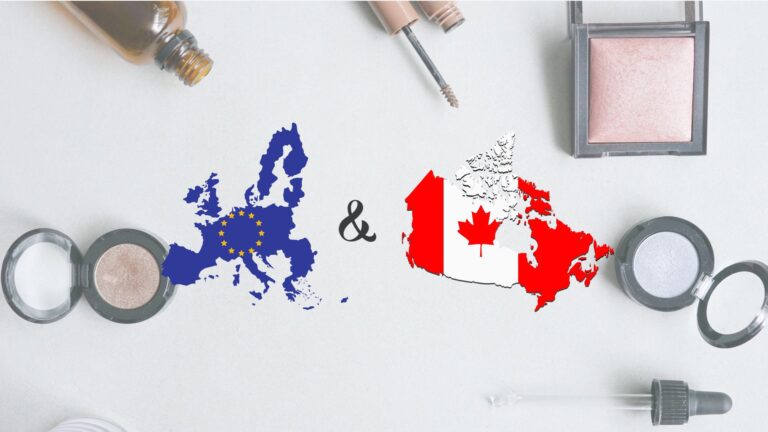Toxic Chemicals and PCR requirements being addressed through legislation

Ithos is constantly monitoring cosmetic compliance legislation and we are seeing states continue introducing more beauty packaging regulations. While the Food and Drug Administration (FDA) oversees the safety of all consumer packaging (food, drug and cosmetic) in the United States, there is currently no federal law or pending legislation that addresses composition of packaging materials or recycling requirements.
As a result, states are taking action to address these issues, including tax incentives to encourage more sustainable practices. That means personal care brands must navigate an increasingly complex patchwork of regulations across the country. They are relying on the Ithos Information Network and our team of regulatory experts to stay up to date. Current laws on the books include:
- Washington: State Packages Containing Metals And Toxic Chemicals
- Minnesota: Statutes 115A.965 Prohibitions On Selected Toxics In Packaging
- New York: Hazardous Packaging Law
- New Hampshire: Solid Waste Management Toxics Reduction
- Rhode Island: Chapter 23-18.13 Toxic Packaging Reduction Act
PCR and EPR Requirements
Much of the recent legislative activity focuses on sustainable packaging, including post-consumer recycled content (PCR) requirements and extended producer responsibility (EPR) bills. EPR seeks to hold producers responsible for the entire life cycle of a product when it is introduced to market, from design through waste collection and recycling.
While proposed laws primarily focus on plastic materials, they often include PCR requirements by material type, are applied to all materials, or instruct producer responsibility organizations to include PCR targets in their stewardship plans.
Learn more about laws banning PFAS or “forever chemicals” in cosmetics
In Washington State, PCR and EPR are being tied to additional requirements. SB 5022 requires plastic packaging producers to meet minimum post consumer recycled content targets for household and personal care product plastic packaging sold in the state. The phased in approach includes the following timetable:
- 15% by January 1, 2025
- 25% by January 1, 2028
- 50% by January 1, 2031
Companies selling products included in the bill must also register with the Washington State Department of Ecology and renew registration each year. Manufacturers that do not meet the minimum post-consumer recycled content requirements will face financial penalties for non-compliance.
In Colorado, House Bill 22-1355 establishes extended producer responsibility (EPR) for printed paper and packaging. It mandates that companies selling consumer-facing packaging and some types of printed paper must join a producer responsibility organization (PRO) or submit an individual plan. While there are some exceptions for smaller businesses and highly regulated packaging, such as medicine, the goal is by collecting dues, the PRO can fund and manage a statewide recycling system.
Colorado follows Maine and Oregon, who have already passed producer responsibility laws. More than 30 states have legislation specific to individual product categories or packaging material in different stages of becoming law.
With states adopting different laws for PCR and EPR requirements, more cosmetic, beauty and personal care brands are using the Ithos Information Network to manage the labyrinth of laws and regulations. Using our compliance solutions, you can easily store and access packaging specifications and documentation, including materials of composition, PCR content percentages, and recyclability – and provide reports on demand.
Ithos provides peace of mind. Because the Ithos Information Network tracks new laws, you’ll be alerted if your product is affected. Our experts are available to answer questions and advise on next steps. Contact us today to learn more.






